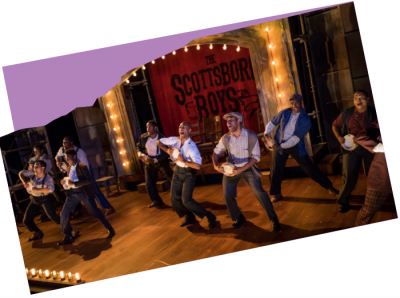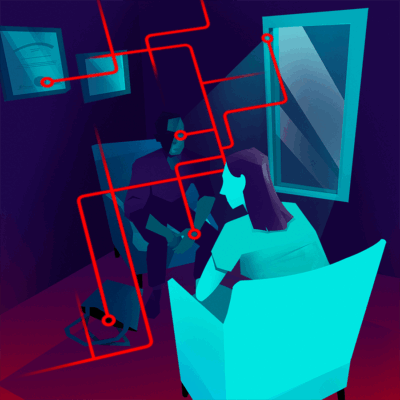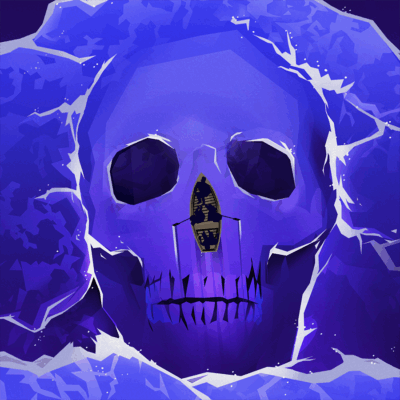Your donation sets the stage for a new season of Boston's most intimate, entertaining and provocative plays and musicals. Our shows make powerful connections with our audiences-- and they are only possible because of you.
Selina Fillinger ON POTUS!
Selina Fillinger ON POTUS!
The playwright shares her thoughts on farce, freedom, and why SHE isn’t President.
It’s been a little more than a year since POTUS’s Broadway debut. What has surprised you most about your time with/the success of the play?
When you write something, you hope it’s universal, you hope it can be performed in a variety of communities—but I could not have imagined it going this far and wide. To see it being produced by small and large theatres across the country, in both red and blue states, and going beyond the U.S. to be performed internationally…it fills me with awe.
What was your inspiration for the play?
The catalyzing event was Trump’s pussy-grabbing tape. I wasn’t shocked to hear him speak like that, but I was interested in how the media handled the moment, and how everyone scrambled to cope with the scandal. Around that same time, the abuses of other powerful men were also being exposed, and the play continued to shift alongside the media landscape. When the data revealed that white women had voted for Trump en masse, I started to think hard about the ways in which we are complicit in our own subjugation and the subjugation of others. That was when the play’s message started to clarify, and it went from being a screed to a battle cry.
How do you describe POTUS? What genres did you merge in this play?
POTUS is a true farce: laugh-out-loud, fast-paced, lots of doors and mistaken identities. I wouldn’t say I merged genres; I simply centered the farce on people who are typically overlooked or demeaned in classic comedies.
Complete this sentence: Comedy is…
…tragedy that we laugh at.
Do you feel the show is partisan in its politics? Do you think it will be perceived differently in red and blue states?
The play is highly political, but it is not partisan. Republicans think it’s about Bill Clinton, Democrats think it’s about Donald Trump—and everyone has a good laugh. Of course, the play isn’t about either of them, it’s about White Patriarchy, which pervades all political parties.
Are you a political junkie? Do you follow politics yourself?
I am a political junkie in that I notice politics at play in every aspect of our familial, personal, and professional lives. I believe passionately in mutual aid and community organizing. I follow and seek out progressive grassroots movements. I wouldn’t say I am one of those people who follows electoral politics minute to minute, but I try to remain abreast of what is happening.
What is your answer to the question often posed in the play: “Why isn’t SHE president?”
Those in power do not see women and queer people as equal to cis men, nor do they want us to be.
You mentioned in other interviews that you hoped that POTUS would create “intergenerational dialogue between women.” Tell us more about why that goal was important to you.
We can only build movements and coalitions when we debate, converse, and learn from each other. There is a false notion that solidarity and conflict are mutually exclusive. The goal should not be to avoid conflict, it should be to lovingly engage with differing beliefs and experiences so that everyone may bring their best self to the common cause.
What do you hope audiences take away from seeing POTUS?
I hope they have a wonderful night of laughter and joy. Then I hope they wake up the next day and put their money, time, and votes towards equity and freedom for all.
 Past Productions
Past Productions JOB
JOB The Antiquities
The Antiquities Swept Away
Swept Away




